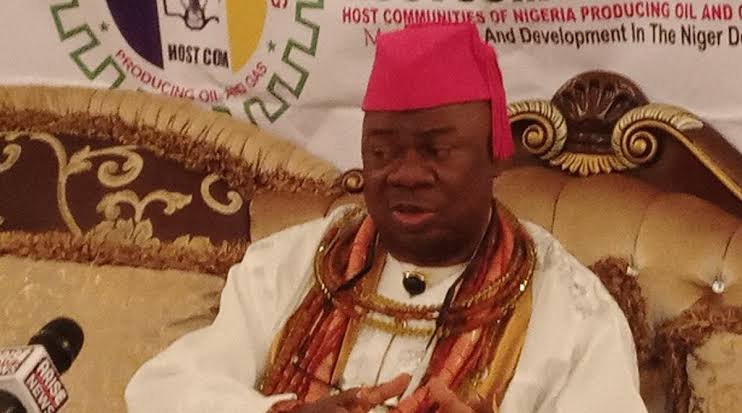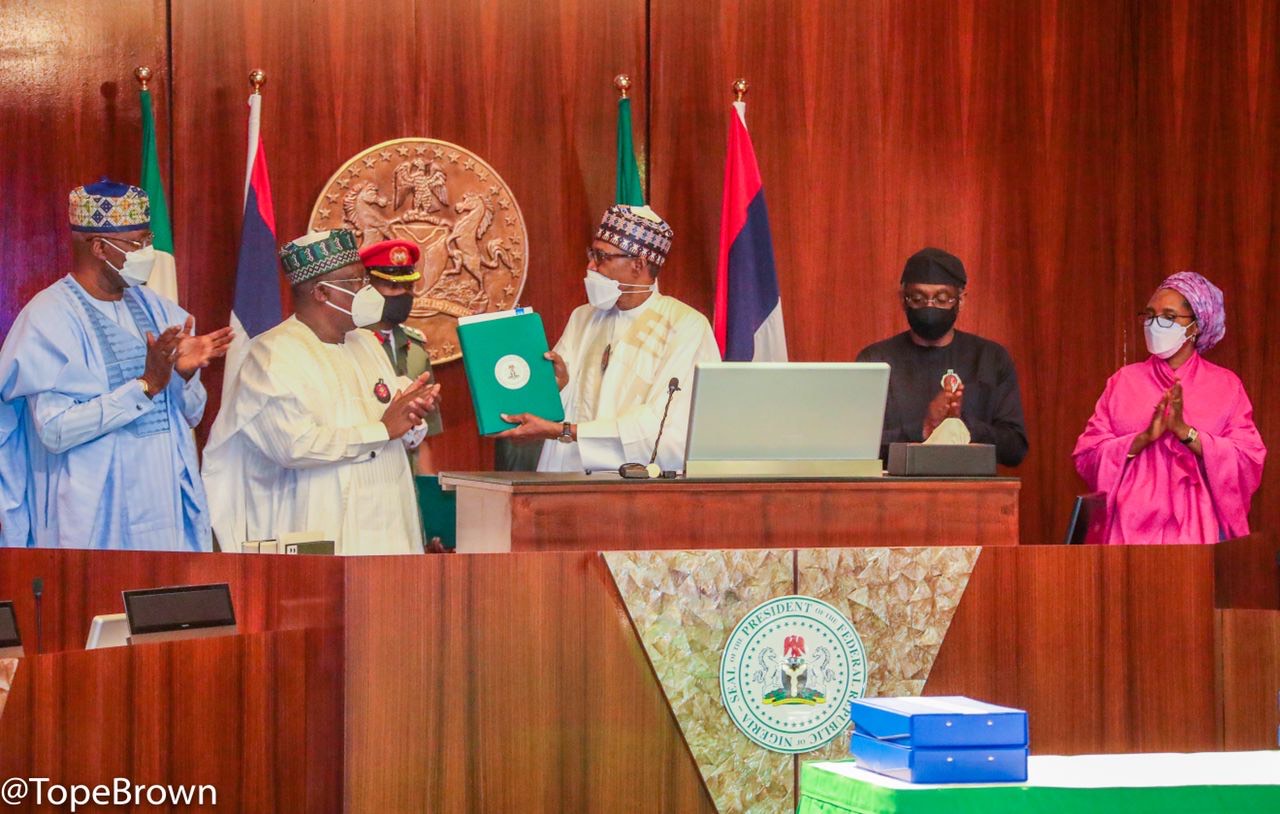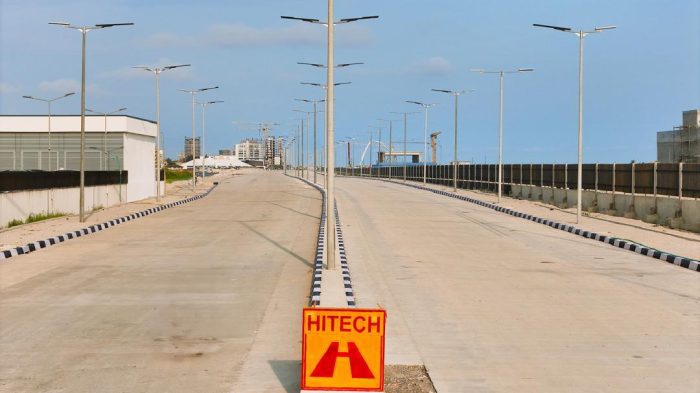Leaders and critical stakeholders of the Niger Delta region have called on Federal Government to immediately give support to Local refineries to put an end to the persistent fuel scarcity and high cost of petroleum products
The stakeholders who spoke in Abuja noted that it is an embarrassment for a nation with abundant petroleum to be lacking in supply of the same resources
They said with local refineries on stream it will put an end to reliance on imported refined products in Nigeria

HOSTCOM President , High Chief Benjamin Tamaranebi spoke on behalf of others at the Asokoro residence of Leader of Pan Niger Delta Forum ( PANDEF), Chief Edwin Clark during a solidarity visit to the elder statesman by critical stakeholders from the region.
Chief Tamaranebi lamented that as a result of scarcity of fuel supply, a liter of premium minimum Spirit,PMS is now sold for N2,000.00 in most parts of the Niger Delta where the crude are explored, exploited and exported outside the country .
He advised the government to fix the Port Harcourt, Warri, and Kaduna refineries and patronize existing local refineries, such as the Dangote Refinery, to reduce dependence on imports and stabilize prices.
He also criticized the International Oil Companies (IOCs) for refusing to supply crude oil to local refineries, despite the Petroleum Industry Act (PIA) allowing it. They accused the IOCs of pursuing vested interests and sabotaging the government’s efforts to develop the local refining capacity.
The Niger Delta leaders appealed to President Bola Ahmed Tinubu to intervene and address the suffering of Nigerian citizens, emphasizing that the government’s palliatives have not reached the common people.
They concluded by calling for urgent action to support local refineries, reduce prices, and end the hardship faced by Nigerian
He said : ” Our visit to the residence of our Leader and Father in the Niger Delta Region today, is voice out our displeasure to the federal government and in particular , publicly owned key players in the oil sector on the endless fuel scarcity in the country.
“It is a sad commentary to state here that a country like Nigeria, an oil producing Nation, the 2nd largest oil producer in Africa, that has four Refineries is still suffering from endless fuel scarcity and bent on importation of refined Petroleum Products to her Country for over 20 years.
“Only recently, some Nigerians trooped to the street in all parts of the country to protest against hardship in the country. Some of them were calling for the re- introduction of OIL, SUBSIDY.
“We are aware that the current fuel scarcity in some parts of the country is caused by marketers’ refusal to import petrol into the country due to the huge debt issue. It is alleged that NNPC is owing marketers huge sums of monies and as such, they can no longer continue to import when NNPCL is owing them, while same NNPCL is coming to celebrate gain but using same token to appeal to use the profit for subsidy, what an IRONY?
“We are here today to appeal through you to call on the Federal government ably led by our dear President, Senator Bola Ahmed Tinubu GCFR to have a rethink.
“Just last Saturday, I bought a liter of fuel at Yenagoa, Bayelsa State at N1200, while I was reliably told that at the creeks in Ekeremor LGA, Southern Ijaw LGA down to other riverine communities they are buying at rate of N2000 per litre. This is indeed very worrisome,.
“We therefore call on the government to ensure that the Port Harcourt, Warri and Kaduna Refineries are fixed immediately and made to work optimally.
“We are also calling on the Federal government to as a matter of urgency, compel the International oil companies operating in our Niger Delta to begin sale of crude oil to Dangote Refinery and other local Refinery in Naira so as to reduce and possibly eliminate importation of finished petroleum products into Nigeria.
“With the Nigeria Refineries producing locally, the price of petrol will reduce, which will ultimately reduce inflation and hardship in the country so that prices of commodities and staple foods like Fufu, Rice, Garri ete can come down”
In his remarks at the press briefing, the host , Chief Edwin Clark said President Bola Tinubu should not be blamed for the removal of fuel subsidy since budgetary provision for it , ended in June 2023.
He however advised the government to find practical means of alleviating poverty fuel subsidy removal is inflicting on many Nigerians .
In his remarks at the press briefing, the host , Chief Edwin Clark said President Bola Tinubu should not be blamed for the removal of fuel subsidy since budgetary provision for it , ended in June 2023.
He therefore insisted that government should find practical means of solving the challenges of poverty that fuel subsidy removal is currently inflicting on the citizenry




